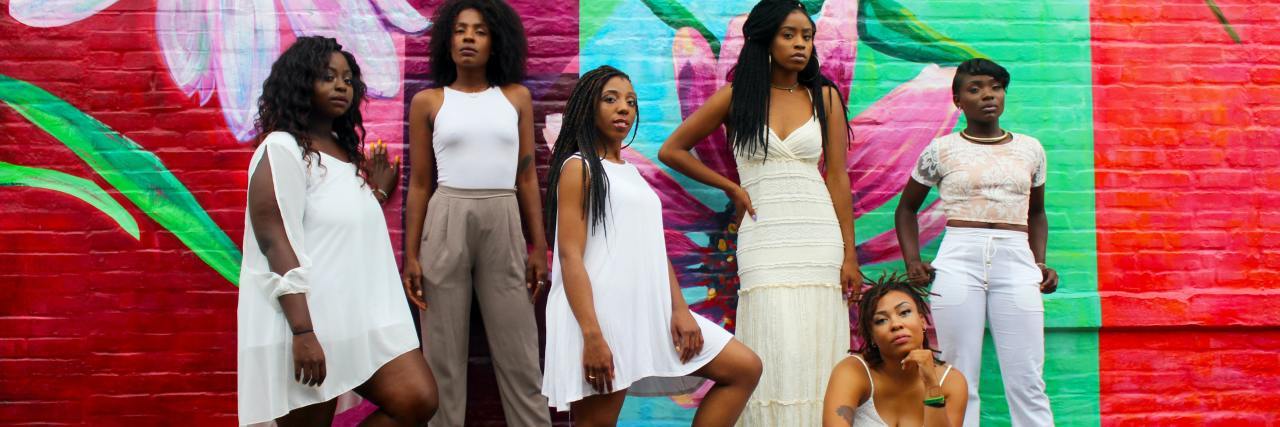As soon as I heard that Lizzo posted a video in response to hateful comments, I wasn’t surprised. But, I should have been. It doesn’t sit well with me that I’ve become accustomed to updates about the harm done against Black women, especially those with celebrity status. Meghan Markle. Simone Biles. Serena Williams. Michelle Obama. No matter what the prestige, people find a way to tear these women down with racist, bigoted statements. I’m concerned about the toll the harassment and berating takes on the mental health of these women. People my daughter will look up to one day.
Don’t get it twisted. I’m not numb or apathetic. Watching Lizzo express pain on her Instagram Live video made me both incensed and saddened at the same time. In one moment of the talk, she shared: “On the days I feel I should be the happiest…I feel so down. Like I hurt so bad.” Later she continued: “It’s fatphobic, it’s racist and it’s hurtful… a lot of people don’t like me because of the way I hurt.”
While following the story on Twitter the other day, I noticed several people questioning why Lizzo was so upset: Can’t she just ignore the messages? Doesn’t she get paid enough to not feel this way? It’s not uncommon to hear sentiments like this in the way of a celebrity openly processing their feelings. Still, how long until we realize that people, even with the influence of Lizzo, have feelings? She is a living and breathing person with a range of emotions. And, to expect her to detach from public chastisement is foolish and myopic.
I truly believe part of this dismissive response is a lack of care for Black women. A common trope is how they’re strong, unbreakable and resilient. We’ve gone so far as to coin the term “strong Black woman.” And, while all this might be true in some cases, it doesn’t give room for the same Black women to hurt, make mistakes, be angry, feel rage, lash out, experience anxiety or depression, or want to step away from their career, competition or event.
As you see, there are many levels to this. All the while, the same Black women are forced to find ways to cope with a level of pressure that goes beyond that which comes with celebdom. Racism and misogyny, intersecting, threatening a downward spiral or worse.
With such a bleak premise, one can feel helpless as an advocate. But, there are three ways we can do better for Black women celebrities.
1. Believe them when they say they’re hurting. If they say they’re depressed, afraid, happy or sad, believe them.
2. Make space for Black women to heal. Start with the Black women you interact with on a daily basis. There’s no need to overly encourage them to bounce back from tough situations. Let them know it’s OK to not be OK. And sometimes, just leave them alone.
3. Keep yourself in check. Work to unlearn your own biases. I have mine; it’s hard to take a close look, but what I refuse to examine will only cause harm to others.
In her song, Q.U.E.E.N., Janelle Monae said, “Even if it makes others uncomfortable, I will love who I am.” I sincerely hope that Lizzo receives the love she deserves, as much as I hope we can do better for her, and other sistas alike.
Photo by Clarke Sanders on Unsplash

